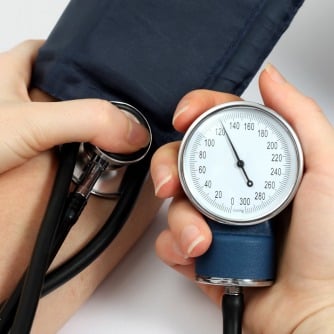Abundant in, vegetables, whole grains, legumes, nuts, seeds, poultry and fish while limited in red meat and foods containing saturated fats, both the Mediterranean-style and DASH (Dietary Approaches to Stop Hypertension; which limits sodium intake) are important dietary approaches that form the basis of a lifestyle to lower a person’s risk of a first-time stroke. James Meschia, from Mayo Clinic (Florida, USA), and colleagues issued updated guidelines for the prevention of stroke among individuals who have not previously experienced a stroke or transient ischemic attack. The updated guidelines include:
• Eat a Mediterranean or DASH-style diet, supplemented with nuts.
• Monitor high blood pressure at home with a cuff device.
• Keep pre-hypertension from becoming high blood pressure by making lifestyle changes such as getting more physical activity, eating a healthy diet and managing your weight.
• Reduce the amount of sodium in your diet; sodium is found mostly in salt.
• Visit your healthcare provider annually for blood pressure evaluation.
• If your medication to lower blood pressure doesn’t work or has bad side effects, talk to your healthcare provider about finding a combination of drugs that work for you.
• Don’t smoke. Smoking and taking oral birth control pills can significantly increase your stroke risk. If you’re a woman who experiences migraines with aura, smoking raises your risk of stroke even more than in the general population.
The lead author observes that: “In many instances, stroke isn’t fatal, but it leads to years of physical, emotional and mental impairment that could be avoided.”




